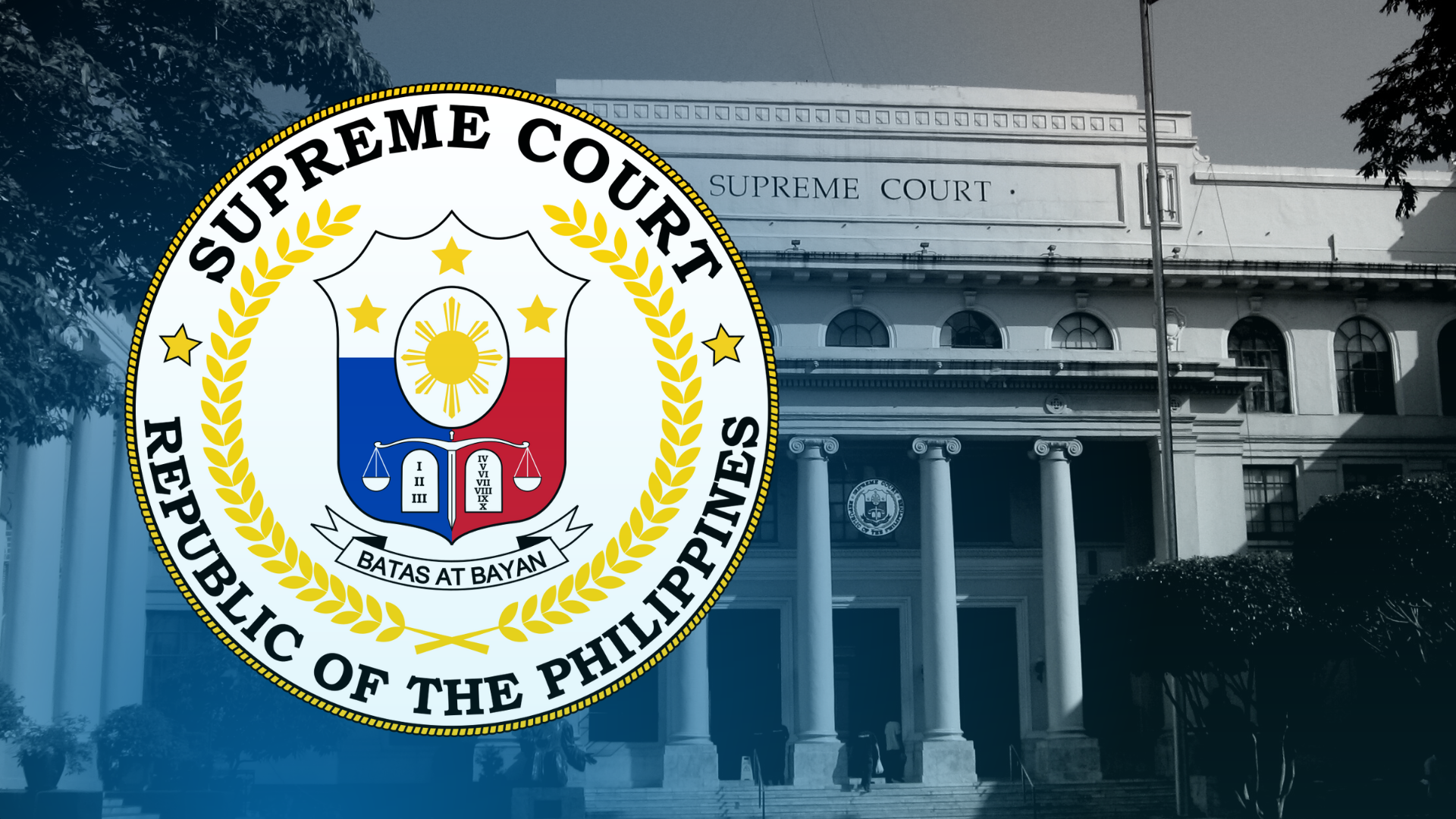MANILA, Philippines — The Supreme Court (SC) on Sunday announced that the 2023 Bar examinations will be held on Sept. 17, 20 and 24.
Associate Justice Ramon Paul Hernando, the 2023 Bar chairperson, explained that the holding of the Bar examination at the reduced number of days will allow the refocusing of the study of law on the “fourth-year review classes instead of on post- graduate Bar review.”
“Just as important, it will also mean lesser review costs…More importantly, the new members of the Bar will have an opportunity for early employment and contribution to society,” Hernando said at the third day of the Northern Luzon Regional Convention of the Integrated Bar of the Philippines (IBP).
Apart from the earlier schedule and the reduced number of days, the number of core subjects in the exams was also reduced to six from eight.
“Commercial Law and Taxation Law have been conjoined to the close affinity between these two fields in legal practice,” said Hernando.
“Where Remedial Law and Legal and Judicial Ethics with Practical Exercises were fused together as these subjects complement each other in actual practice,” he added.
This means the six-core subjects will be administered in three days: “Following the configuration of Sunday, Wednesday and Sunday, namely, Political and Public International Law, Commercial and Taxation Laws (on the 1st day), Civil Law, Labor Law and Social Legislation (2nd day), Criminal Law and Remedial Law, Legal and Judicial Ethics with Practical Exercises (3rd day).”
Hernando said four hours will be allotted for each subject: From 8:00 a.m. to 12:00 p.m., and from 2:00 p.m. to 6:00 p.m.
Meanwhile, according to Chief Justice Alexander Gesmundo, after 9,000 candidates completed the recently concluded localized and digitized 2022 Bar examinations in 14 local testing centers nationwide, the High Court has decided to administer all succeeding Bar Examinations digitally.
This, he said, is “in line with the Strategic Plan for Judicial Innovations’ 2022-2027 (SPJI) drive towards running all of the judiciary’s adjudicative and administrative systems digitally.”
“The high cost of litigation and lack of publicly-accessible information on the courts, judicial processes, and legal aid have hindered access to the courts by many,” said Gesmundo.
“Thus, under our SPJI, we will enhance public access to information through the development and deployment of intelligent platforms for self-help services, public assistance, and public access to court-related information and services,” he added.
RELATED STORIES
9,207 Bar examinees told: Poor, oppressed need you
‘Don’t quit, plod on,’ Caguioa urges bar examinees


